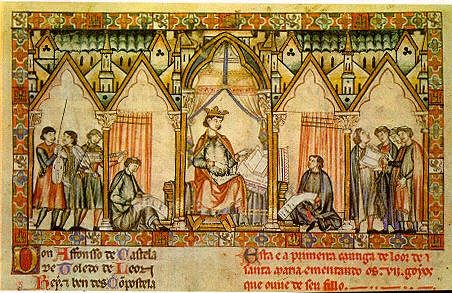
At just 24, Ivorian poet Ibrahim Coulibaly, better known by his pen name El Sabio, has etched his name in literary history by winning the 2025 World Poetry Championship in Madrid.
His groundbreaking victory, secured in a contest held entirely in Spanish, celebrates not only the universality of African voices but also the courage of a multilingual, boundary-defying new generation of writers.
On 6 July 2025, Coulibaly became the first African ever to claim the title at Consignas, one of the most prestigious international poetry competitions, which draws participants from across the globe.
His winning piece, Cuando vi al celaje llorar (“When I saw the sky’s glow weep”), captivated the judges with its raw sincerity, emotional depth, and universal resonance.
In the poem, Coulibaly honours the memory of his late father while reflecting on grief, resilience, and humanity’s longing for justice.
“Ce poème était pour moi un cri du cœur, une manière de dire que même la perte peut devenir lumière,” (“This poem was a cry from the heart, a way to say that even loss can become light”), El Sabio said following his win.
His decision to write and perform in Spanish—a language neither native nor official in Côte d’Ivoire—was both bold and deliberate.
A graduate in Spanish studies from Alassane Ouattara University in Bouaké, Coulibaly views mastery of foreign languages as a powerful tool for Africa’s cultural outreach. “L’Afrique ne doit pas seulement consommer les langues du monde, elle peut aussi s’en emparer et créer à travers elles,” (“Africa must not only consume the world’s languages, it can also seize them and create through them”), he declared.
By triumphing in a global Spanish-language competition, Coulibaly has shattered linguistic barriers and positioned African literature as a dynamic force within cultural spaces often dominated by Western voices.
Behind the pseudonym El Sabio—Spanish for “the wise one”—is a poet driven by personal loss, quiet resilience, and a deep commitment to human dignity. Dedicating his award to his father, as well as to “writers in the shadows” and “invisible dreamers,” he underscored his belief in poetry as a vessel for voices too often unheard.
Already the author of a French-language debut collection, Les vers d’un fou (“The Verses of a Madman”), El Sabio represents a rising Ivorian literary movement that embraces local, colonial, and global languages alike. His victory, while deeply personal, signals something larger: African literature is not merely participating in the world—it is thriving across every tongue.



